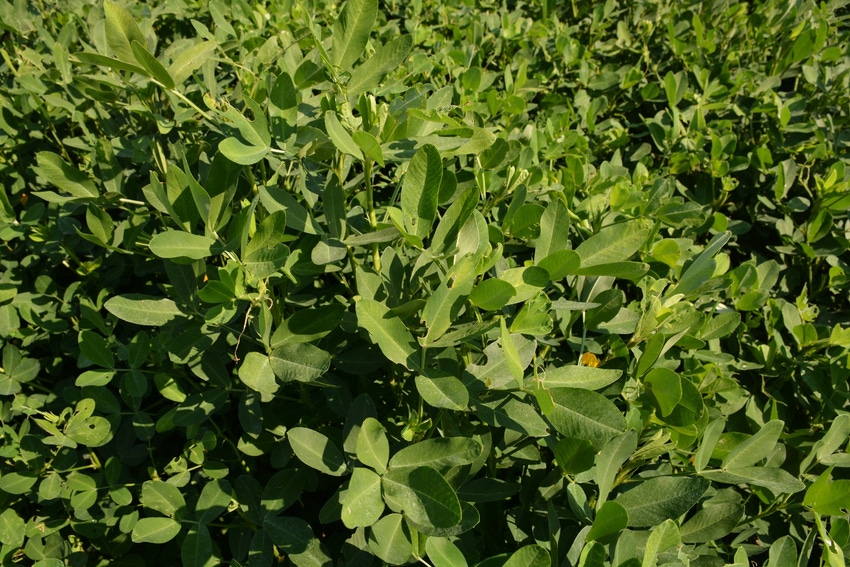
In field days and Extension posts, North Carolina State University Peanut Specialist David Jordan has urged farmers who have stocks of the insecticide chlorpyrifos — or Lorsban — to return these supplies to their distributors and make sure they don’t use the compound on their peanut crops in 2022.
On Aug. 18, EPA announced it would ban chlorpyrifos, or Lorsban, from all food crops. “Lorsban is now essentially off the market. I know sometimes farmers buy up product when they think it’s going to be lost under the assumption they can use up existing stocks of product. Don’t do that on Lorsban,” Jordan cautioned.
In a Sept. 30 email to me, Jordan did say “there is a six-month period (from roughly now) before the labels for food crops will be removed. Right now, it is legal to sell peanuts and other food crops treated with Lorsban. But for peanuts grown in 2022, Lorsban will not be labeled for use in peanuts.”
Corteva Agriscience, the maker of Lorsban, halted production of the product in 2020. Still, Jordan is worried. In an email, I asked Jordan if he was concerned about the loss of Lorsban in peanuts.
“Yes, Lorsban is needed on 25% of our acres to control rootworms. In some years more acres are involved. We do not have an alternative," he said.
“The take-home message as I see it is that if you bought up Lorsban and/or have any remaining on your farm, it should be taken back to the distributor to keep you from incurring an economic loss or have it around on the farm where it could be a hazard. You will not be able to use those stocks on the 2022 peanut crop and sell those peanuts,” Jordan wrote in a posting on the North Carolina State Extension peanut portal, just after the EPA announcement came out.
In an Aug. 18 news release making the announcement, EPA Administrator Michael Regan said, “After the delays and denials of the prior administration, EPA will follow the science and put health and safety first.”
“Today EPA is taking an overdue step to protect public health. Ending the use of chlorpyrifos on food products will help to ensure children, farm workers, and all other people are protected from the potentially dangerous consequences of this pesticide,” Regan said in the Aug. 18 news release.
Regan’s comments sound convincing, but if you read between the lines, politics did indeed play a role in the EPA decision. That’s to be expected in Washington, but peanut farmers who have relied on chlorpyrifos to control rootworms will have one more thing to worry about next year.
About the Author(s)
You May Also Like






